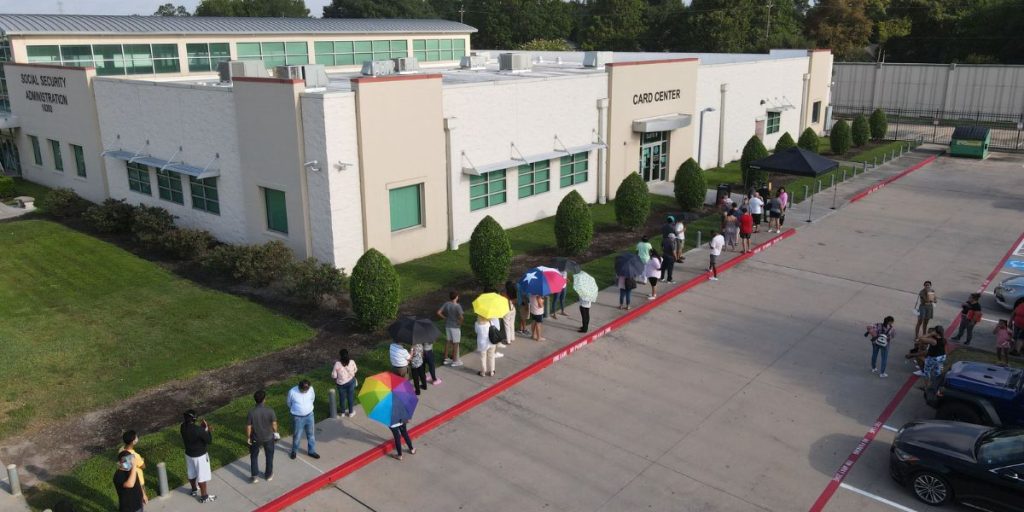In the evolving landscape of K–12 education, the need for enhanced mental health, social, and emotional support for Tennessee schoolchildren has reached a critical juncture. The challenges faced by today’s youth encompass a spectrum of sensitive issues, from anxiety and depression to identity exploration and substance misuse. The recent pandemic has only intensified these struggles, further underscoring the crucial role of mental health services in schools.
Rodger Dinwiddie, CEO of STARS Nashville, a nonprofit dedicated to providing equitable mental health care to young people, emphasizes the urgency of making school-based mental health services accessible to all students. In a recent column, he sheds light on the pressing need for comprehensive support amid a shifting cultural attitude toward emotional and mental well-being.
The impact of the pandemic on youth mental health has been profound. The disruption of social interactions and connections, coupled with the pre-existing challenges faced by students, has created a heightened demand for mental health services. Dinwiddie acknowledges the complexities of introducing these services into K–12 spaces, with some districts facing resistance from communities regarding social-emotional issues in schools.
However, he emphasizes the undeniable correlation between the development of social-emotional competencies and academic outcomes. The conversation around mental health in schools is no longer a luxury but a necessity, and recent developments in Tennessee offer a glimmer of hope.

Read more:
- Dangerous icy road conditions prompt extended closures for East Tennessee schools, including Knox County
- Racist label for voucher programs sparks controversy in education
- School Experts Unhappy with Hochul’s Budget Plan, According to Education Insider
- New NJ Law: Student Mental Health Monitoring Now Mandatory in NJ Schools.
Dinwiddie highlights a significant step forward with the approval of $6 million in spending by Tennessee’s mental health trust fund board. This allocation is a beacon of hope for students and families across the state, providing additional avenues for mental health support within school settings.
At STARS, the commitment to addressing mental health challenges is evident. Over the past seven years, their school-based therapy and counseling services have witnessed exponential growth. With over 100 new therapists and counseling staff added since 2021, STARS operates in 11 Middle Tennessee school districts, eliminating key barriers such as transportation, access, and cost.
The impact of these services is tangible, as illustrated by a parent’s testimonial emphasizing the convenience and effectiveness of in-school mental health support. The ability to build relationships between students and therapists within the school environment has proven invaluable, with success stories of interventions that have saved lives.
While the momentum for mental health support is building, Dinwiddie stresses the need for continued advocacy and investment. The appropriation of funds, while a significant step, is likely to face challenges at the local level. The column acknowledges the leadership of the Tennessee Department of Mental Health and Substance Abuse and the Tennessee Department of Education, as well as local school districts that recognize the importance of supporting both academic success and social-emotional wellness.
Dinwiddie concludes by emphasizing the ongoing work by various providers due to current investments in mental health services. However, he issues a rallying cry for collective action, asserting that the time is now to make K-12 school-based mental health services universally accessible to all young people. As the state and local communities grapple with this imperative, the hope is that the positive impact of such services will echo the transformative experiences already witnessed by STARS and similar providers, creating a safer and more supportive environment for Tennessee’s students.



